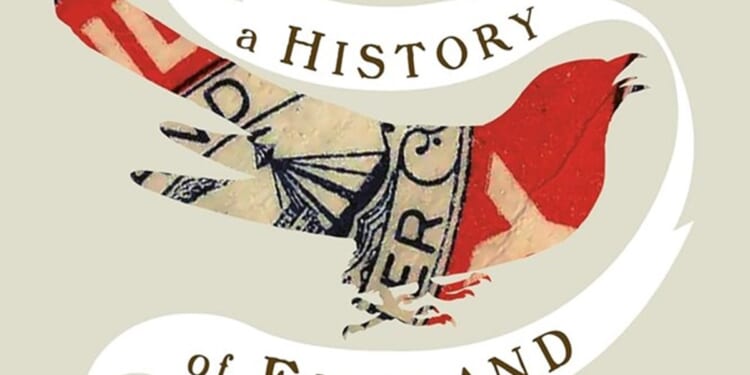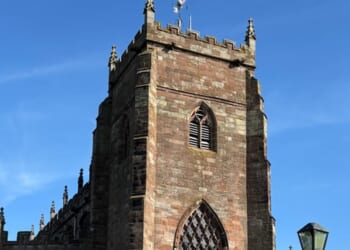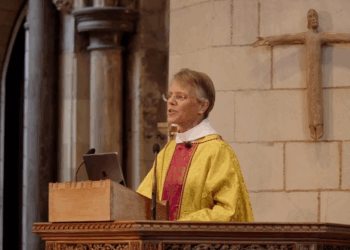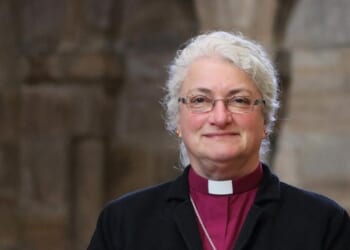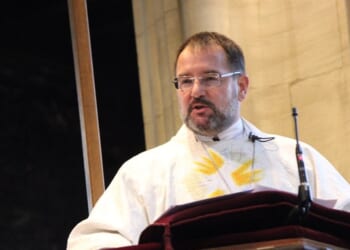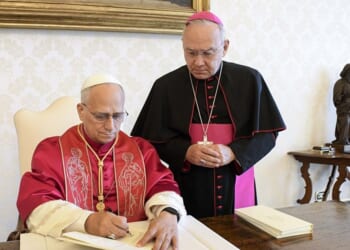HOW good to find a historian who values literature, a critic who knows about history! History and literature rarely speak. History finds literature too marginal and flighty for its purposes. Critics see history as an unwelcome policeman, restricting their right to make literature say whatever they want it to.
Here, we see a simple approach that embraces the two. Take a poem. Explain how and why it was written. Then move out beyond it, to trace how it illustrates the England of its day, and the concerns of the people who lived at the time.
Professor Clarke’s poems range from the Anglo-Saxons to our own age. The final one is only three years old. Some are works by famous writers: Chaucer, the Pearl-poet, Shakespeare, Tennyson, and Auden. Others are scarcely known: a ballad attributed to the Reformation martyr Anne Askew; a squib on the Rump Parliament in 1659; and a poem about a gentry household by a housemaid who died of measles when she was 24.
The poems cover some of the main events of English history: the Viking and Norman invasions, the Hundred Years War, the Reformation, the Civil War, the Industrial Revolution, and the wars of the 20th century. But, beyond these great events, they introduce us to social and religious issues and to personal feelings.
Edward Thomas’s famous anthology poem “Adlestrop” imagined the poet on an express train that stopped “unwontedly” at the little wayside station. In fact, his journey was made several months earlier, on a stopping train from Oxford to Worcester. At Adlestrop, he noted the birdsong, and at the next station, Chipping Campden, the willow-herb and meadowsweet. In the poem, he gave them all to Adlestrop.
This, as the author shows, reflects two different eras. The original journey was in peaceful Georgian England. It resonates with the love of England of the Georgian poets and their musical contemporaries, Holst and Vaughan Williams. It was written in January 1915, during the First World War, when rural peace was shattered by fighting in France, and where, two years later, Thomas himself was killed.
There is much else to discover in this book. I was quite unaware of the housemaid Mary Leapor’s wry observations of domestic service, the slave Phillis Wheatley’s call for freedom not for slaves, but for the American colonies, Elizabeth Barrett Browning’s cry of indignation on behalf of the mine- and mill-working children of Yorkshire, and Fleur Adcock’s comparison of northern and southern England through the matches that they used. The north preferred the sturdy “England’s Glory”, the south the daintier products of Bryant & May.
Professor Clarke has laid out her book well with regard to its history, and sensitively in her literary criticism. This is a highly recommendable read for anyone interested in history or literature, and a model of how the two disciplines can be brought together harmoniously, each throwing light on the other.
Dr Nicholas Orme is an Emeritus Professor at the University of Exeter.
A History of England in 25 Poems
Catherine Clarke
Allen Lane £25
(978-0-2417-6598-2)
Church Time Bookshop £22.50

